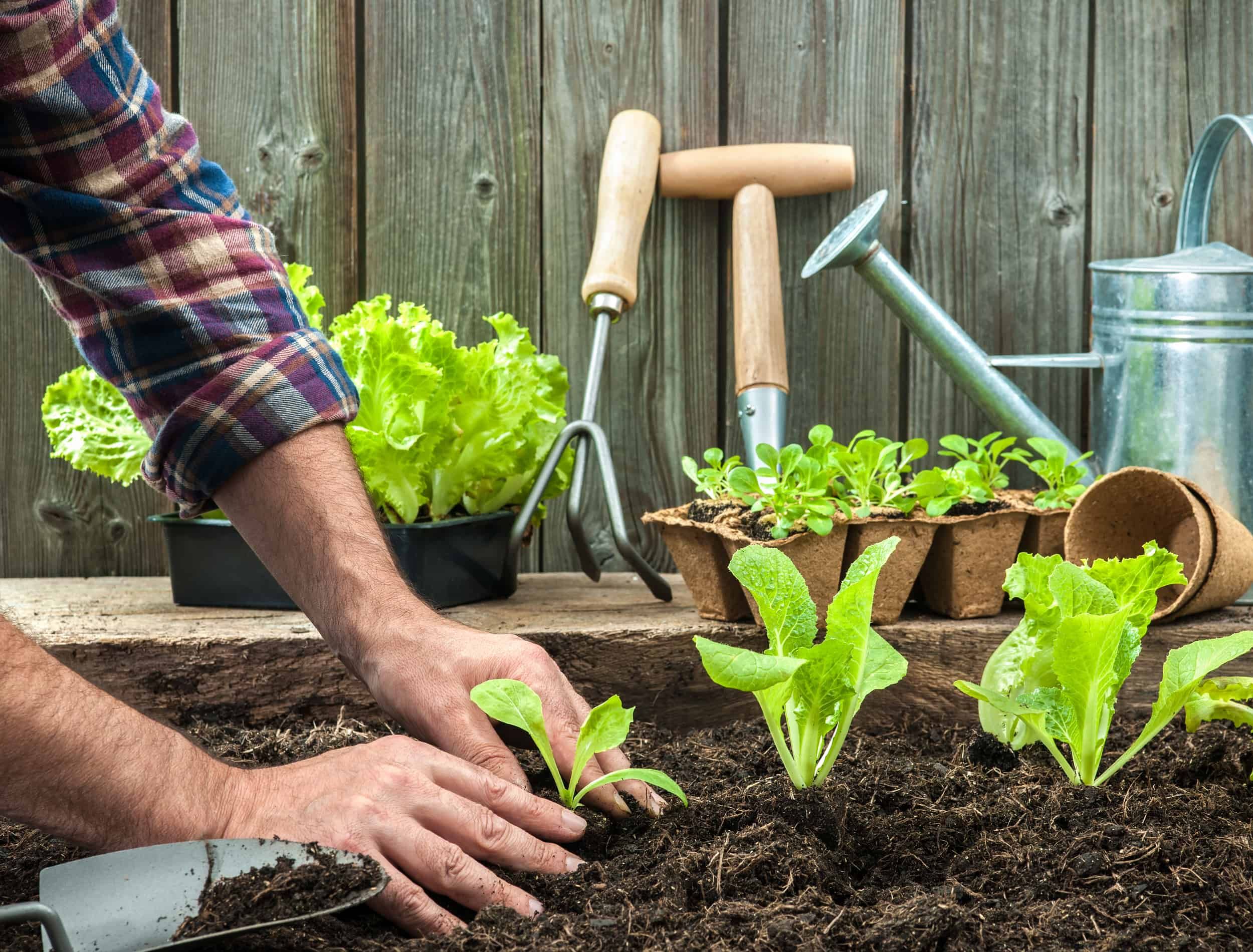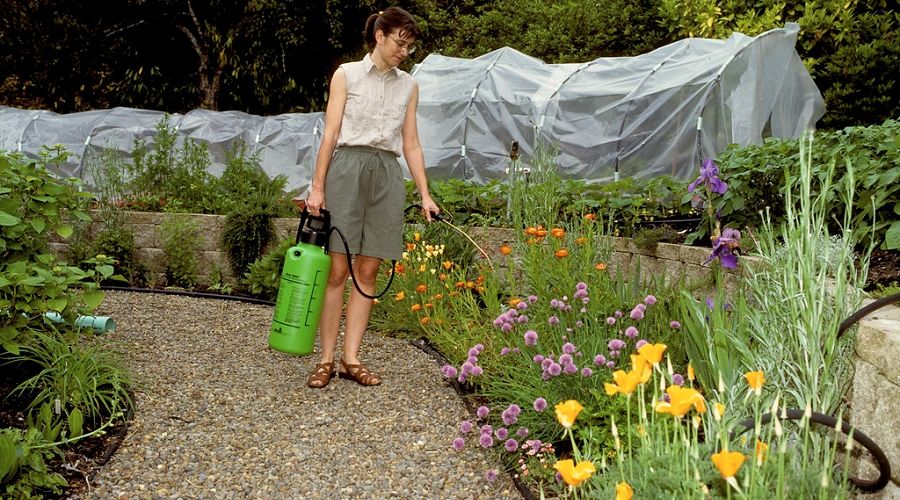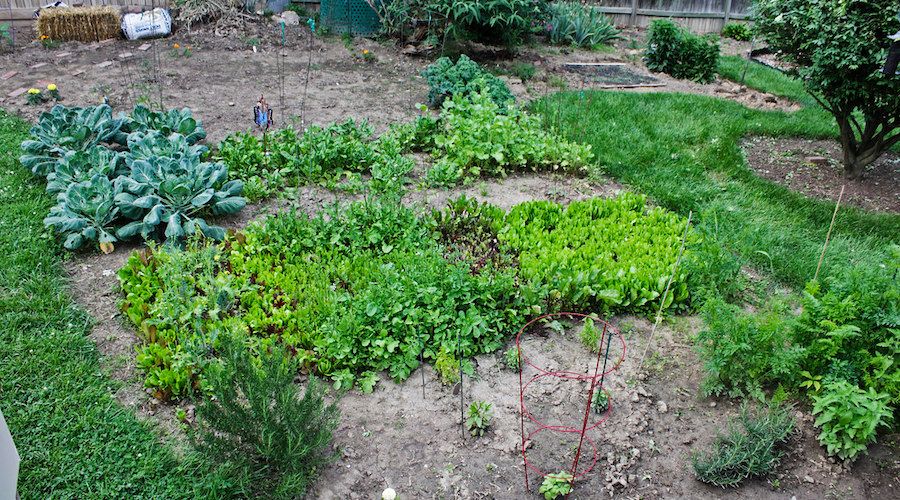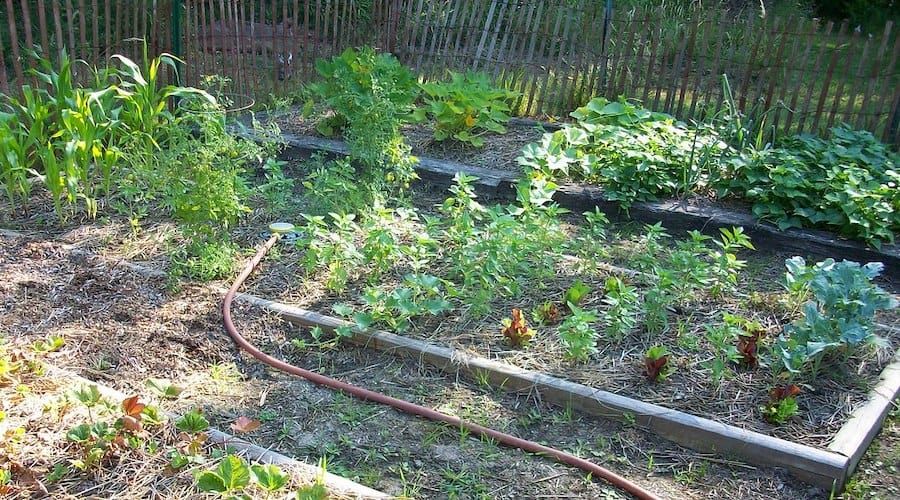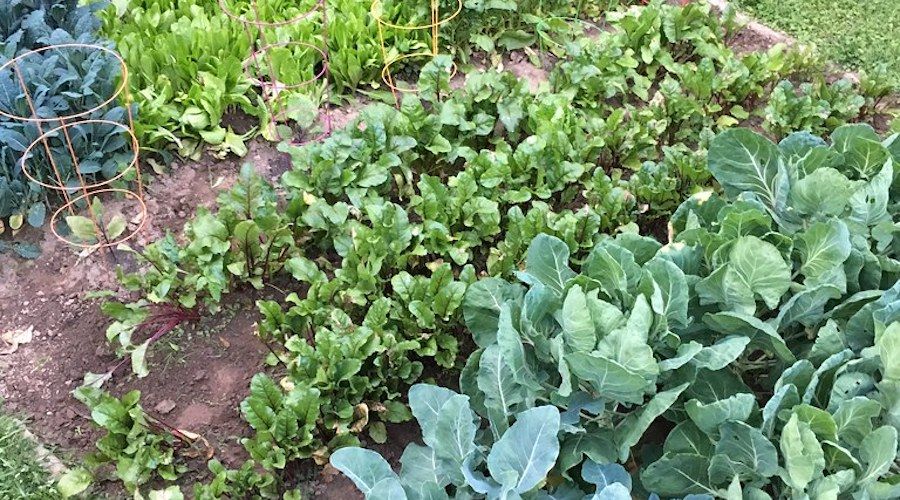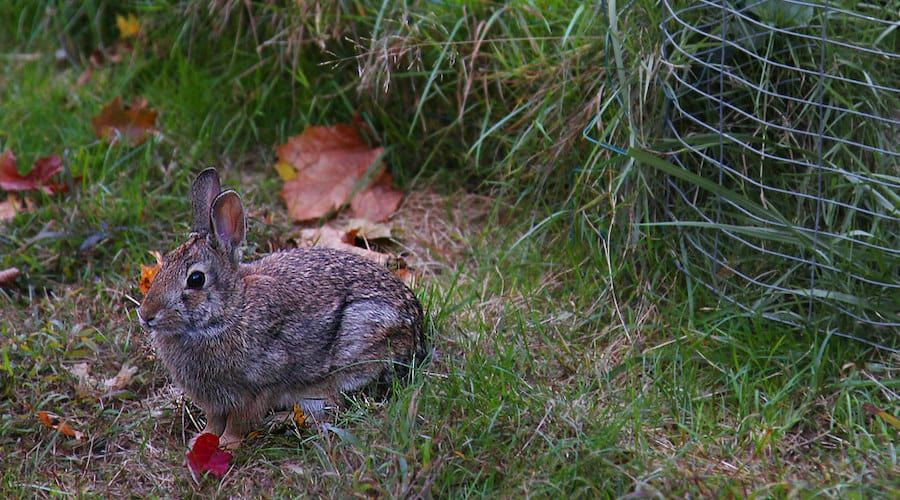When gardening, it’s natural to make mistakes, but know that some of them could wreak havoc on your vegetable garden. They may not mean much at first, but if you continue to ignore them, they can damage your plants and landscape.
It’s always a good idea to be aware of the things you can and can’t do in the vegetable garden to be sure you do not do more harm than good to your precious plants.
To help you with this job, we made a list of the eight things you need to keep in mind when dealing with your vegetable garden!
8 Things You Should Never Do in the Vegetable Garden
1. Don’t Go Overboard With Fertilizers
Image credits: Zummolo via Canva
You should only use fertilizers when your soil lacks particular nutrients. Think about it this way. You wouldn’t change your diet or add any supplements to your diet until after you’ve undergone a series of tests that confirm you need a change, right? Similarly, you’ll need to test your soil before adding fertilizer to your vegetable garden.
Adding more fertilizer doesn’t guarantee a good yield, and plants will only absorb nutrients when they require them. You’ll be wasting a lot of fertilizer on plants that don’t need them and burning a hole in your pocket while doing so.
2. Don’t Use Broad Spectrum Pesticides
Image Source: Oregon State University via Creative Commons
The problem with using broad-spectrum pesticides is that apart from killing harmful insects and pests, they end up harming beneficial insects. When you come across a pest issue, it’s best to identify the pest first and then come up with solutions that will eliminate it from your garden without harming other insects.
Use organic solutions to control garden pests since you don’t want to be harvesting veggies laced with chemical pesticides.
3. Don’t Bite Off More Than You Can Chew
Image Credit: woodleywonderworks via Creative Commons
No pun intended, but when you plan your vegetable garden, try to grow what you eat. Many avid gardeners get carried away and end up investing in different seeds, fertilizers, soils, supplements, planters, trellises, and whatnot!
It’s great to jump on the “grow your own” bandwagon, but know your limits because starting big can often lead to frustrations. It’s always a good idea to start small and grow what you eat until you’re ready to experiment.
4. Don’t Overwater Your Plants
Image credits: pmulloy2112 via Creative Commons
Most plants need about an inch of water per week, so feeding them too much can suffocate their roots, causing root rot and plant death. Similar to fertilizers, plants will drink water and absorb nutrients from the soil only when they need to.
Overwatering a plant is literally like drowning them. To investigate if your plants need water, stick your finger in the soil about one or two inches deep. If it feels dry, your plants need water, and if it’s moist, check again in 24 hours. You can invest in a soil moisture meter to do the checking for you.
5. Don’t Ignore Your Seedlings
Image credits: ArtRachen01 via Canva
Be as gentle as a lamb when dealing with seedlings and know where you plant them to not step on them accidentally. When you’re busy transplanting plants, weeding, pruning, or simply admiring your thriving vegetable garden, you can get side-tracked, causing you to step on your seedling. You must mark areas with seedlings for your subconscious mind to alert you!
6. Don’t Overcrowd Your Vegetable Garden
Image Credit: woodleywonderworks via Creative Commons
Much like humans, plants need their own space too, and we must respect their boundaries by not overcrowding their space. It’s easy to get carried away and plant more seeds per hole after seeing the size of the seed. But remember the size of the plant that’ll grow from that tiny seed.
It’s also important to follow the guidelines about plant spacing on your seed’s packet for optimum plant growth. Planting too closely will encourage your plants to compete for sunlight, nutrients, and water, causing stunted growth.
7. Don’t Forget to Weed
Image credits: miskolin via Canva
It’s difficult to maintain a vegetable garden, but if you want to reap the benefits of your hard work, don’t ignore weeds. They may look like fragile plants begging for some TLC, but know that their roots are wreaking havoc on your other plants by stealing all their nutrients.
Weeds may look attractive, but when you spot them, pull them out or use DIY weed killers to get rid of them before they attract pests and diseases.
8. Don’t Let Animals and Pets Destroy Your Crops
Image credits: jitze via Creative Commons
You can’t completely stop wildlife, pests, birds, and pets from snacking on your juicy vegetables, but you should try your best. If you ignore those fluffy bunnies and majestic deer, you’ll wake up to find half of your garden demolished. Sure, some wildlife is good for your garden, like hummingbirds, bees, and earthworms, but others can eliminate your crops.
In your defense, you should start looking for ways to attract bees and create an ideal hummingbird habitat to keep aphids, gnats, mosquitoes, beetles, fruit flies, and mites away from your vegetable garden. Alternatively, you can use plastic forks and copper tapes or make a DIY scarecrow to keep deer, rabbits, slugs, and snails away from your vegetable garden.
In Summary
It’s natural to make mistakes when gardening, but it’s important to not let those mistakes discourage you from doing what you do best. Gardening, like everything, is a process of trial and error. You win some, and you lose some! This is why we compiled this list of the eight things you should never do in the vegetable garden.
If this article helped you understand what you should avoid doing in your vegetable garden, please share it with your friends and family.
Happy Gardening!

